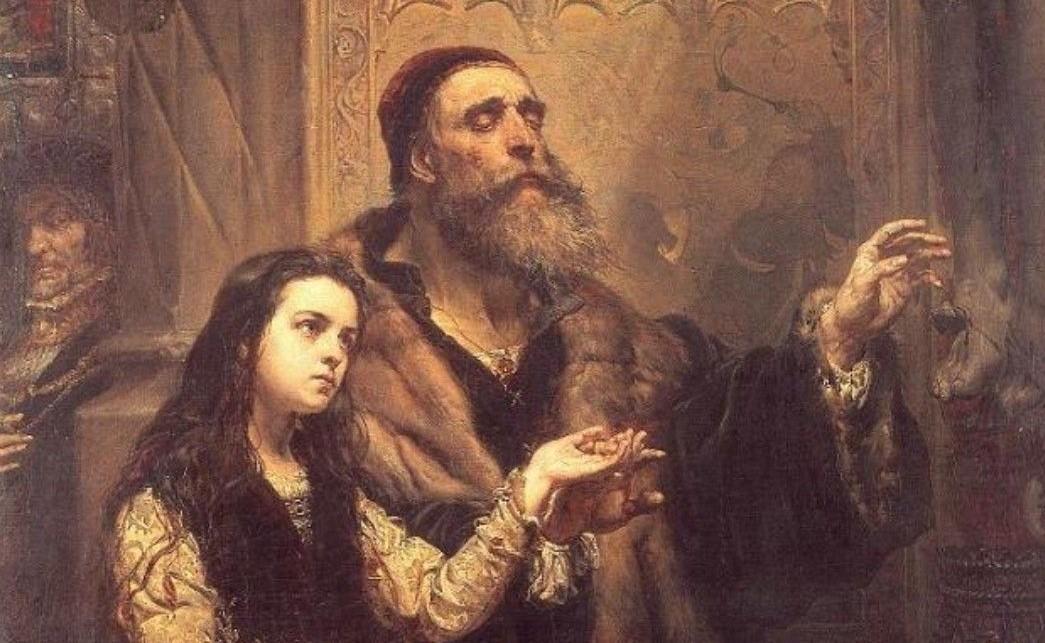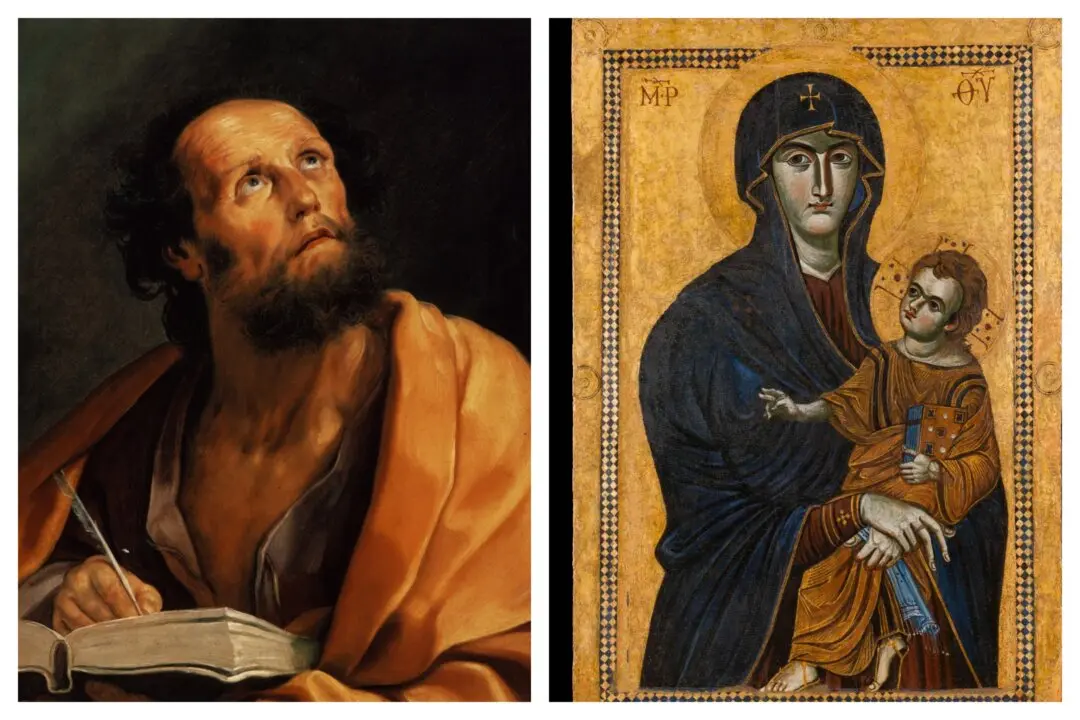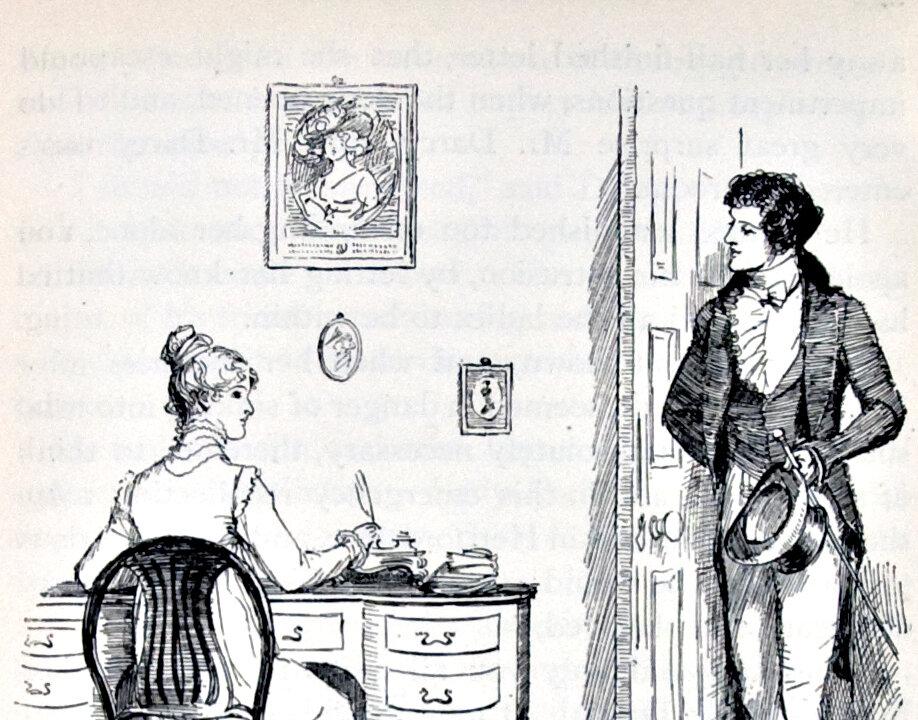When I consider how my light is spent, Ere half my days, in this dark world and wide, And that one Talent which is death to hide Lodged with me useless, though my Soul more bent To serve therewith my Maker, and present My true account, lest he returning chide; “Doth God exact day-labour, light denied?” I fondly ask. But patience, to prevent That murmur, soon replies, “God doth not need Either man’s work or his own gifts; who best Bear his mild yoke, they serve him best. His state Is Kingly. Thousands at his bidding speed And post o’er Land and Ocean without rest: They also serve who only stand and wait.”
“Doing nothing often leads to the very best of something,” says Winnie the Pooh in the 2018 film, “Christopher Robin.” Despite Pooh’s wisdom, there’s nothing so stifling as the feeling of being unable to put our gifts to their proper use.Like a child who receives a kite and must wait for the perfect blustery day to fly it, our patience is tested by periods of waiting in which our talents lie unused. We yearn for purpose, and thus, we are anguished by uncertainty about the future as we discern the next step in our lives. It is a strong human desire to actualize potential, and thus it is innately frustrating to wait in stillness until we are called to fully employ our talents.





